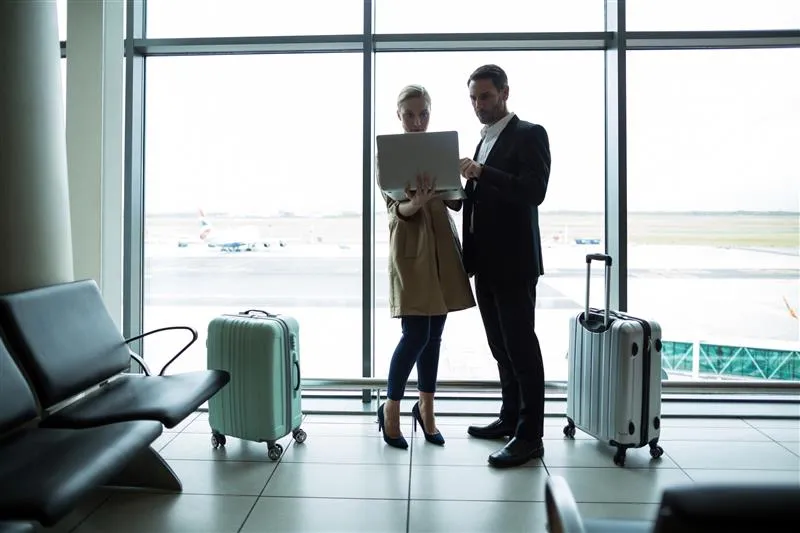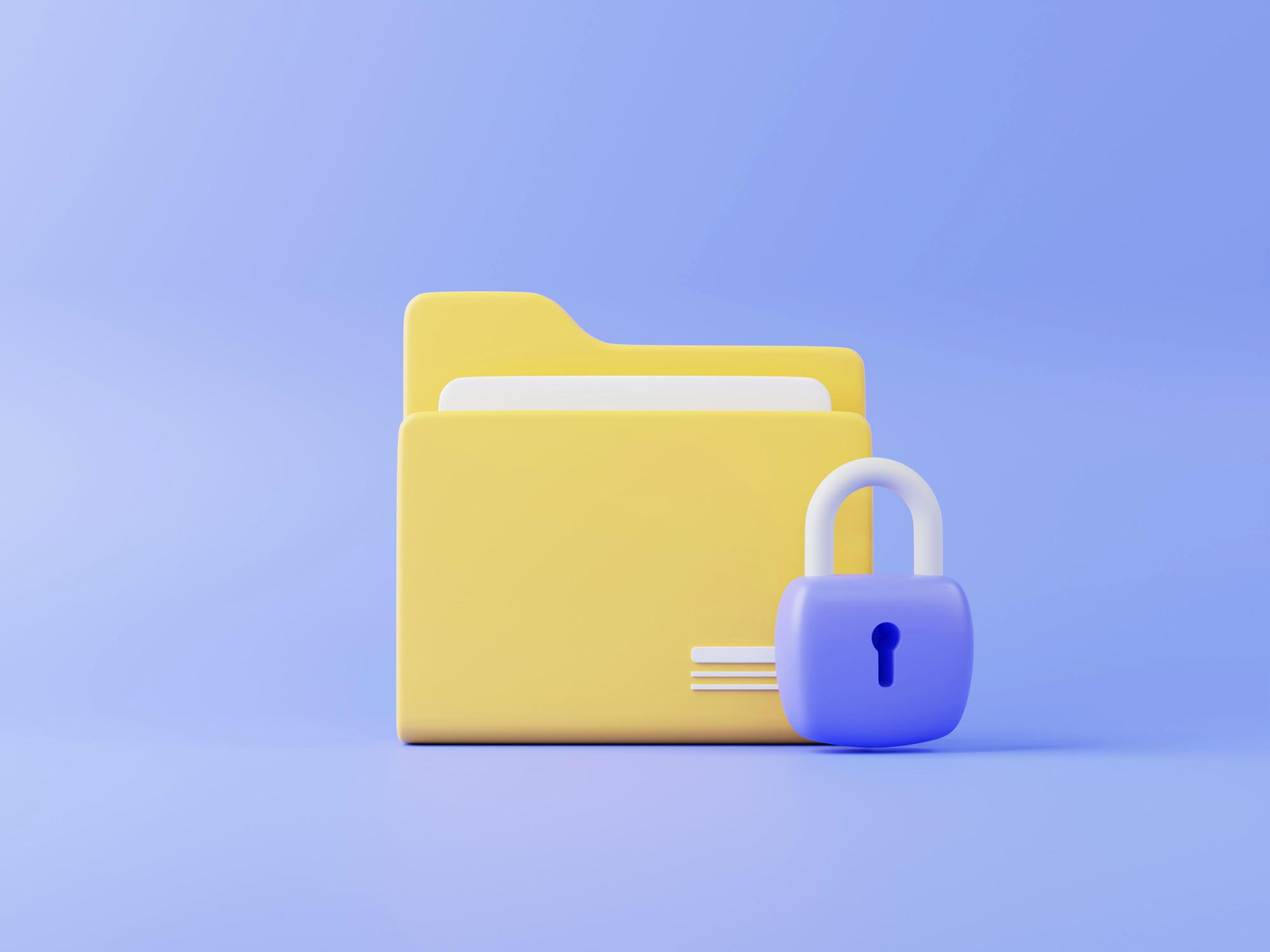Traveling for Work? Follow These Tips to Stay Secure on the Road

Whether you love or hate going on business trips, it’s important to stay safe when you hit the ol' dusty trail!
It’s easy to forget about cybersecurity when those white, sandy beaches are calling your name, but that’s when security is the most crucial. Travelers and tourists are prime targets for scammers, because we tend to let our guard down when we’re relaxed and having fun, away from the responsibilities of home.
9 Ways to Stay Safe While Traveling
1. Tell Your IT Provider Before You Go
This is very important! If you’re planning to travel, let your Managed Services Provider (MSP) know at least a few business days in advance. That way, they can ensure you're able to access your work resources securely from your destination
2. Enable Multi-Factor Authentication (MFA)
MFA adds an extra layer of security by requiring you to verify your identity in multiple ways before accessing your account. This could include something you know (like a password), something you have (like a smartphone), or something you are (like a fingerprint). This makes it much harder for unauthorized users to access your account.
3. Use Secure Wi-Fi Networks
Look for networks that require a password, verify the network name with the establishment, and avoid generic names like “Free Wi-Fi.” Use websites that start with HTTPS and consider using a VPN on all devices accessing the Wi-Fi for added security. Disable auto-connect features for Wi-Fi and Bluetooth to prevent automatic connections to unsafe networks.
4. Update Your Devices
Ensure your devices are up to date with the latest security patches and software updates before you leave for your trip. This helps protect against vulnerabilities. Always lock your devices when not in use, using strong PINs, passwords, or biometric security features like fingerprints or facial recognition.
5. Use a VPN
Consider using a Virtual Private Network (VPN) to securely access work resources. VPNs encrypt your internet connection, making it safer to use public networks. Depending on your company’s policy, this may be mandatory.
6. Back Up Your Data
Before traveling, make sure to back up important work data. This ensures you can recover your information if your device is lost or stolen.
7. Be Cautious with Emails and Links
Be wary of phishing emails and suspicious links. Avoid clicking on unknown links or downloading attachments from untrusted sources.
8. Report Suspicious Activity
If you notice any unusual activity on your account while traveling, no matter how innocuous it may seem, report it immediately. This helps us take quick action to secure your account.
9. Physical Security
Keep your devices secure and never leave them unattended in public places. Use hotel safes or other secure storage options when necessary, and never leave your devices lying around your hotel room when you’re not there.



